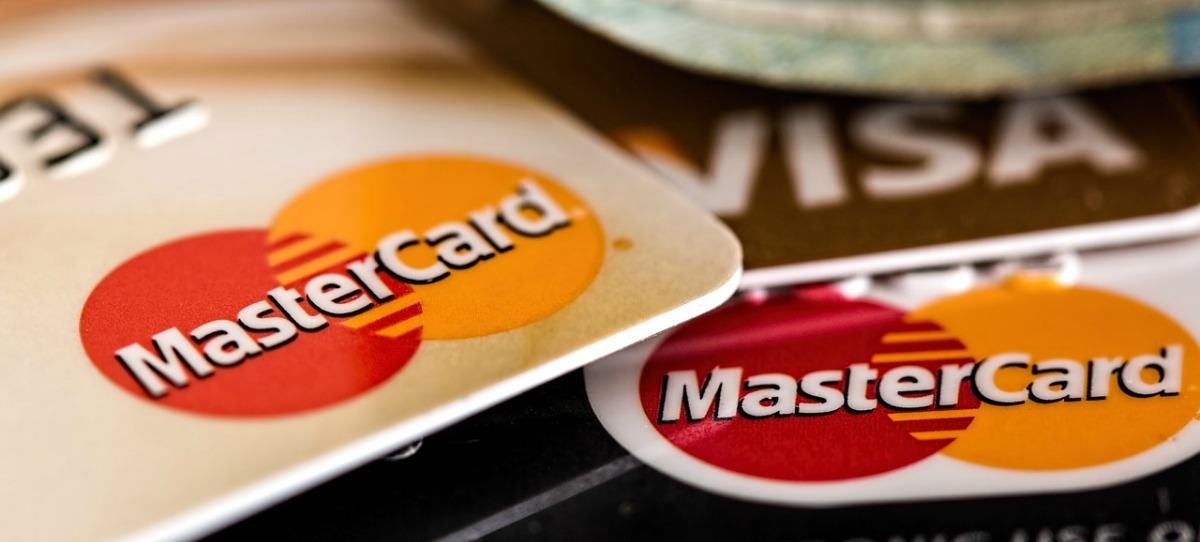Mastercard Introduces New Crypto Debit Card for European Users
06.09.2024 11:30 1 min. read Alexander Stefanov
Mastercard has partnered with Mercuryo to launch a crypto debit card in euros that allows users to spend cryptocurrencies like Bitcoin from self-custody wallets at over 100 million merchants globally.
This initiative follows Mastercard’s previous collaboration with MetaMask, which reflects the payments giant’s commitment to bridging traditional finance and blockchain technology.
Self-custody wallets allow users to take full control of their digital assets without relying on centralised platforms such as banks or exchanges.
Unlike custodial wallets, where a third party manages the security of funds, self-custodial wallets require users to be the sole custodian of their private keys.
Additionally, Christian Rau, Mastercard’s senior vice president of crypto and fintech capabilities, highlighted the company’s commitment to improving the self-custody wallet experience.
Mastercard’s expanding cryptocurrency services come with certain fees. The debit card issued by Mercuryo charges an issuance fee of €1.6, a monthly maintenance fee of €1 and a 0.95% fee for converting cryptocurrency into traditional currency.
-
1
Societe Generale Expands Digital Finance Push with Dollar-Based Stablecoin on Ethereum and Solana
10.06.2025 17:00 2 min. read -
2
Shopify Begins Testing USDC Payments on Coinbase’s Base Network
14.06.2025 12:00 2 min. read -
3
Fortune 500 Embrace Stablecoins as Adoption Surges Across U.S. Businesses
11.06.2025 19:00 2 min. read -
4
Elon Musk’s X Prepares to Enter the Fintech Arena
20.06.2025 13:00 1 min. read -
5
China Pushes Digital Yuan Expansion as Global Currency Power Shifts
19.06.2025 17:00 1 min. read
Fiserv to Launch FIUSD Stablecoin Across Its Massive Banking Network
Fiserv, a global leader in financial technology, is gearing up to launch its own stablecoin, FIUSD, by the end of 2025.
Elon Musk’s X Prepares to Enter the Fintech Arena
In an interview with the Financial Times, CEO Linda Yaccarino said users will soon be able to “run their entire financial lives” inside the app—from splitting a dinner bill to buying stocks—without third-party plug-ins. Key elements on the roadmap include: In-app brokerage: direct access to markets for equities, crypto, and other assets. X-branded debit/credit card: […]
China Pushes Digital Yuan Expansion as Global Currency Power Shifts
China’s top central banker, Pan Gongsheng, has reaffirmed the country’s push to accelerate the digital yuan’s global reach, highlighting plans to establish an international operations hub for the e-CNY in Shanghai.
Shopify Begins Testing USDC Payments on Coinbase’s Base Network
Shopify is taking a bigger step into digital payments by testing out stablecoin transactions using USDC on Coinbase’s Base, a fast, low-cost Ethereum Layer-2 network.
-
1
Societe Generale Expands Digital Finance Push with Dollar-Based Stablecoin on Ethereum and Solana
10.06.2025 17:00 2 min. read -
2
Shopify Begins Testing USDC Payments on Coinbase’s Base Network
14.06.2025 12:00 2 min. read -
3
Fortune 500 Embrace Stablecoins as Adoption Surges Across U.S. Businesses
11.06.2025 19:00 2 min. read -
4
Elon Musk’s X Prepares to Enter the Fintech Arena
20.06.2025 13:00 1 min. read -
5
China Pushes Digital Yuan Expansion as Global Currency Power Shifts
19.06.2025 17:00 1 min. read


